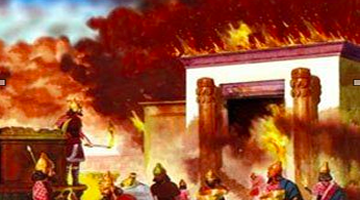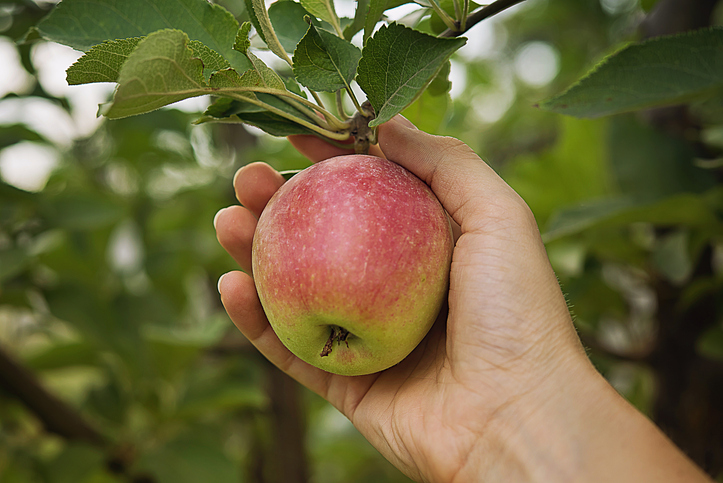Sarah Rudolph 67 articles
Sarah C. Rudolph is a Jewish educator and freelance writer. She has been sharing her passion for Jewish texts of all kinds for over 15 years, with students of all ages. Sarah's essays have been published in a variety of internet and print media, including Times of Israel, Kveller, Jewish Action, The Lehrhaus, TorahMusings, and more. Sarah lives in Cleveland with her husband and four children, but is privileged to learn online with students all over the world through www.TorahTutors.org and www.WebYeshiva.org She is also Editor-At-Large at Deracheha: womenandmitzvot.org.












